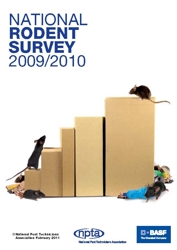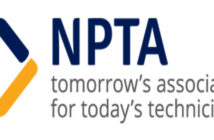Local authority cuts are already threatening public health, reveals the latest national rodent survey report from the National Pest Technicians Association (NPTA) and BASF Pest Control Solutions. And current unprecedented national austerity measures are set to make the position markedly worse.
The benchmark annual report published today (Thursday March 17) shows the largest yearly fall in recorded local authority rat and mouse treatments since the survey was instigated in 1999. At the same time, it reveals much of this decline results from changes in charging practice rather than any decline in infestation levels.
|
“Not so long ago we’d have welcomed a significant fall in professional rodent treatments reported by the public sector as a sure sign of success,” says NPTA chief executive John Davison. “But this drop is clearly associated with greater local authority charging for what always used to be seen as an important public health duty. It sounds a serious warning for the future, all the more so as the real impact of council cuts will only become apparent from now on.” On a like-for-like basis (comparing reports from only the same local authorities in each year to eliminate the distortions of the different response levels) the latest NPTA survey shows national brown rat and house mouse treatments levels down by around 19% and 12% respectively on 2008/9. Those local authorities charging for rat control work, however, recorded a 28% year-on-year reduction in treatment levels. In contrast, those continuing to offer rat control services free of charge saw treatment levels fall by just 9%. Comparable figures for house mouse treatments were 15% and 8%. “It’s crazy that councils have a statutory duty to deal with dog fouling, yet no such responsibilities to tackle the far greater public health challenge posed by rats and mice,” observes John Davison. |
|
|
|
“While we’re very worried about the direct effects of public sector cuts, we’re even more concerned about the impact they will have on the central role local authorities have long played in pest control training and practice development. The full implications of this are unlikely to become evident for eight to 10 years – by which time it will be far too late to take any corrective action.” A fuller report on the survey findings is included in Issue 14 of Pestmagazine which should be with readers next week. Click here to download a copy of the report. |
||




